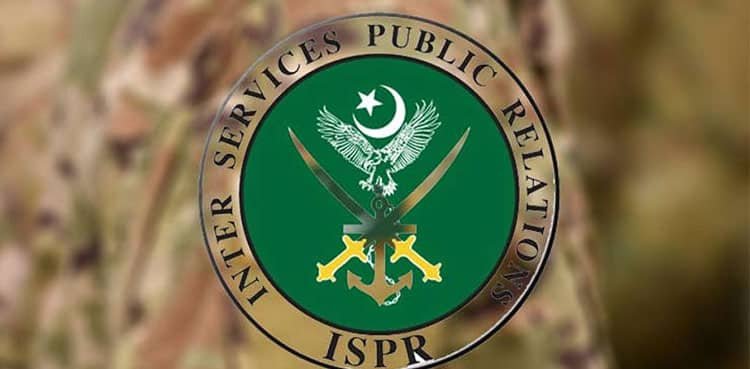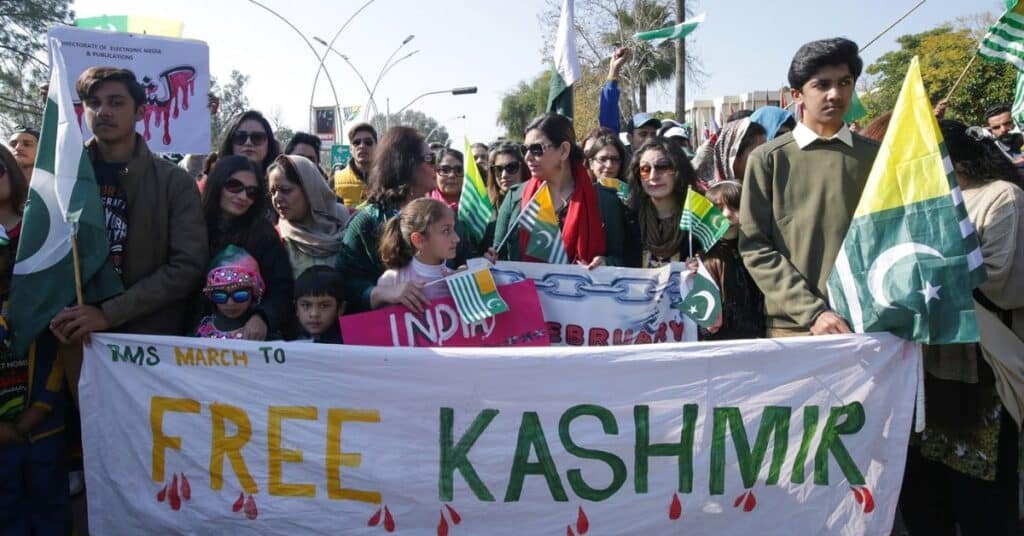RAWALPINDI: The Inter-Services Public Relations (ISPR) has said that the Pakistan Armed Forces successfully conducted Operation Bunyan-um-Marsoos on 10 May 2025. This operation was launched under the broader military campaign Marka-e-Haq, in direct response to unprovoked Indian aggression that began on the night of 6–7 May 2025.
“These attacks led to the tragic loss of innocent civilian lives, including women, children, and the elderly,” said the ISPR in a press release issued Monday. “Pakistan vowed justice, and Alhamdulillah, the Pakistan Armed Forces have delivered on their promise.”
The Armed Forces expressed gratitude to Almighty Allah for divine support, emphasizing the religious and moral obligation to confront injustice. “We bow in humility for the strength granted to us and extend our sympathies to the families of the Shuhada. We pray for the speedy recovery of those injured.”
Acknowledging the collective effort behind the operation, the ISPR paid tribute to every officer, soldier, airman, and sailor whose courage and professionalism brought success. It also lauded the Pakistani nation for its unwavering resilience, support, and prayers, which served as a vital force multiplier.
Special appreciation was extended to Pakistan’s youth, described as frontline cyber and information warriors, and to the country’s vibrant media, which stood firm against Indian disinformation campaigns. The ISPR also acknowledged the diplomatic corps for effectively presenting Pakistan’s stance internationally, and praised the role of scientists and engineers in providing advanced indigenous technologies that underpinned operational success.
The ISPR further highlighted the unified political front, thanking all political leaders for their support regardless of party affiliation. Special mention was made of the Prime Minister and cabinet for their “strategic and destiny-shaping decisions” during a critical period.
Pakistan’s military response, according to the ISPR, demonstrated integrated tri-services jointness, utilizing real-time intelligence, network-centric warfare, and synchronized multi-domain operations. This synergy across air, land, sea, and cyberspace enabled precise, high-impact strikes.
Using Fatah-series precision-guided missiles (F1 and F2), long-range loitering drones, high-accuracy artillery, and advanced air munitions, 26 military targets were successfully neutralized. These included Indian air bases and installations involved in targeting Pakistani civilians in IIOJK and mainland India.
Significant damage was inflicted on military bases in Suratgarh, Sirsa, Bhuj, Naliya, Adampur, Bhatinda, Barnala, Halwara, Awantipura, Srinagar, Jammu, Udhampur, Mamun, Ambala, and Pathankot. BrahMos missile storage sites at Beas and Nagrota, previously used against Pakistani civilians, were destroyed. S-400 air defense systems at Adampur and Bhuj were also neutralized.
Other key targets included military logistics hubs like the Field Supply Depot in Uri and Radar Station in Poonch, as well as command headquarters such as 10 Brigade and 80 Brigade involved in the planning of civilian attacks. Facilities supporting terrorism through proxy networks—particularly those in Rajauri and Naushera—were specifically identified and dismantled.
Across the Line of Control, Pakistan engaged enemy posts responsible for civilian casualties in Azad Jammu and Kashmir, continuing until Indian troops signaled retreat with white flags.
In response to Indian drone incursions and psychological warfare, Pakistan deployed dozens of armed drones over key Indian urban centers—including New Delhi—to demonstrate its reach and deter further provocations. Cyber operations were also conducted, temporarily degrading systems critical to Indian military logistics and planning.
Despite sustained Indian provocation, the ISPR noted Pakistan’s military response remained measured, targeted, and guided by restraint. Efforts were made to avoid civilian harm, with all strikes limited to confirmed hostile entities.
The ISPR also revealed that while engaged on the eastern front, Pakistan experienced a surge in Indian-backed terrorist activity in Khyber Pakhtunkhwa and Balochistan. Despite this, Pakistan’s forces effectively conducted simultaneous counterterrorism operations in the west.
“Marka-e-Haq is a testament to the unity of Pakistan’s military, political leadership, and people. It reaffirms that any aggression against Pakistan’s sovereignty will be met with a decisive and comprehensive response,” the statement concluded.
Read Also: Funeral prayers in absentia held for victims of Indian aggression





